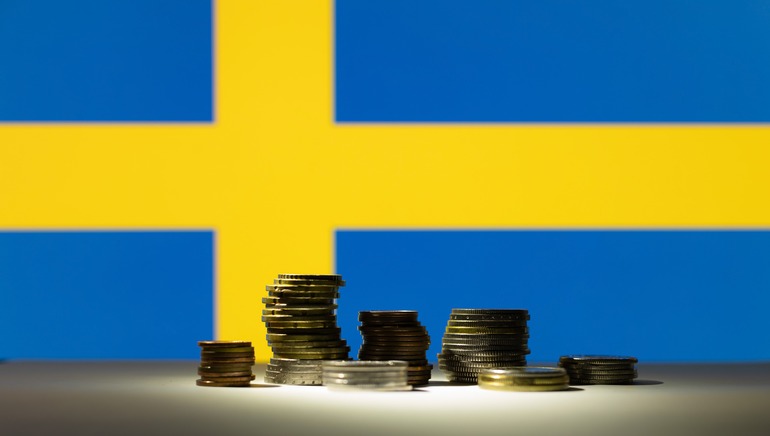Published September 28, 2023 by OCR Editor

In a notable policy change, Sweden’s government has proposed increasing the gambling tax rate, drawing concerns from the online gaming industry.
The Proposed Tax Hike
Sweden’s government, Regeringen, is considering an amendment that would see the gambling tax rate in the country jump from the current 18% to 22% of the gross gaming revenue (GGR). Should this proposal gain approval, it would be implemented from 1 July 2024 and is estimated to yield an additional SEK540.0m (£39.3m/€45.5m/$48.4m) in tax revenue annually.
Rationale Behind the Change
Regeringen has backed its proposal by highlighting several points:
- Market Stabilization: After the re-regulation in 2019, Sweden opened its gaming doors, enabling operators to acquire licenses and legally offer gambling services. The government believes the market has stabilized, making it the right time for a tax adjustment.
- Enhanced Channelisation: With concerns about channelization in Sweden’s gambling market, Regeringen suggests that a tax rate above 20% will help achieve a channelization rate of at least 90%. The 18% tax rate has been in place since the 2019 re-regulation. With steps taken to weed out unlicensed gambling operations, the government believes that the market can bear a higher tax bracket.
- Increased Revenue for Government Activities: The increment is seen as a measure to bolster the financing of governmental initiatives without having an excessively negative impact on the enterprises and the size of the tax base.
Industry’s Response: Not All in Agreement
The Online Gaming Industry Association (BOS) is disappointed with the proposed hike. Gustaf Hoffstedt, the Secretary-general of BOS, was vocal in his criticism, arguing that the government might not fully understand the dynamics and vulnerabilities of the gambling market it intends to govern.
Backing his claims with data, Hoffstedt drew attention to a BOS report from June, which pointed out that only 77% of Sweden’s igaming market is channelized. This, according to BOS, is alarmingly low. Moreover, the study revealed that specific gambling verticals, including online casinos, have a channelization rate as low as 72%.
Hoffstedt warned against straying from the government’s goal of maintaining a 90% channelization. If the proposed tax increase is endorsed, he fears the channelization might decline to levels observed before the 2019 re-regulation.
Conclusion:
The potential rise in Sweden’s gambling tax is a contentious topic, pitting governmental revenue aims against industry stability and growth concerns. As the debate heats up, the industry awaits the final decision, hoping that growth and responsible gaming can be sustained.